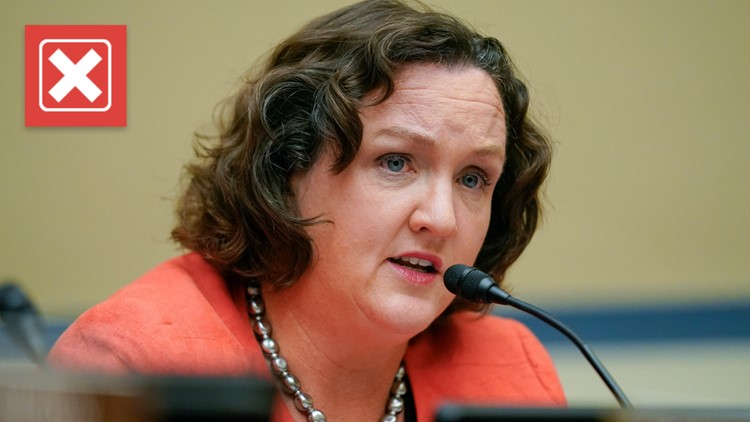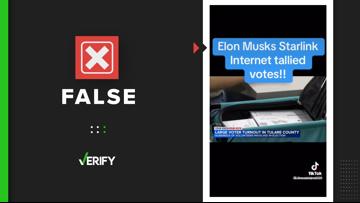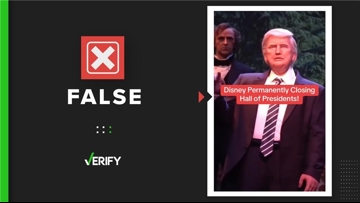U.S. Rep. Katie Porter’s name trended on Twitter on Thursday, Dec. 15 over a video clip that purports to show her saying that pedophilia is an “identity,” not a crime.
In a video clip shared by a popular Twitter account, Porter (D-Calif.) says, “This allegation of groomer and pedophile, it is alleging that a person is criminal somehow and engaged in criminal acts merely because of their identity – their sexual identity, their gender identity.” The video has more than one million views.
Others on social media have also claimed Porter said “pedophilia isn’t a crime.”
THE QUESTION
Did Rep. Katie Porter say pedophilia isn’t a crime?
THE SOURCES
- C-SPAN video of House Oversight and Reform Committee hearing
- Spokesperson for U.S. Rep. Katie Porter
THE ANSWER
No, Rep. Katie Porter didn’t say pedophilia isn’t a crime.
The viral video clip was taken out of context from a hearing where Porter spoke about people in the LGBTQ community being labeled as “groomers” and “pedophiles” by social media users.
WHAT WE FOUND
The viral post of Porter’s comments misrepresents what she actually said about anti-LGBTQ posts shared on social media.
A spokesperson for Porter also told VERIFY that the representative “did not say that pedophilia is not a crime.”
The viral video includes only a portion of Porter’s statements during the hearing and is missing parts of an exchange that put her comments into context.
Porter spoke about social media users referring to members of the LGBTQ community as “groomers” and “pedophiles.” Her statements didn’t refer to pedophilia as an “identity” and she didn’t say it isn’t a crime.
Here’s a transcript of Porter’s exchange with Kelley Robinson, president of the Human Rights Campaign (HRC), which starts at about 2 hours and 49 minutes into the hearing:
Porter: I wanted to start with Ms. Robinson if I could. Your organization recently released a report analyzing the 500 most viewed, most influential tweets that identify LGBTQ people as so-called “groomers.” The “groomer” narrative is an age-old lie to position LGBTQ+ people as a threat to kids, and what it does is deny them access to public spaces, it stokes fear, and can even stoke violence. Ms. Robinson, according to its own hateful content policy, does Twitter allow posts calling LGBTQ people "groomers"?
Robinson: “No. I mean, Twitter along with Facebook and many others have community guidelines. It's about holding users accountable to those guidelines, and acknowledging that when we use phrases and words like "groomers" and "pedophiles" to describe people, individuals in our communities that are mothers, that are fathers, that are teachers, that are doctors, it is dangerous. And it's got one purpose: It is to dehumanize us and make us feel like we are not a part of this American society, and it has real-life consequences. So we are calling on social media companies to uphold their community standards, and we're also calling on any American that is seeing this play out to hold ourselves and our community members accountable. We wouldn't accept this in our families. We wouldn't accept this in our schools. There's no reason to accept it online.
Porter: So, I mean, I think you're absolutely right, and it's not, you know, this allegation of "groomer" and "pedophile," it is alleging that a person is criminal somehow and is engaged in criminal acts merely because of their identity -- their sexual orientation, their gender identity. So this is clearly prohibited under Twitter’s content, yet you found hundreds of these posts on the platform.
The last paragraph is the quote included in the viral video, which omits the beginning of Porter’s exchange with Robinson.
Some Twitter users also corrected the false viral claims through the social media platform’s Community Notes feature.
“This clip has been taken out of context & misrepresents what Rep. Porter is actually saying,” a note below the viral video reads.













